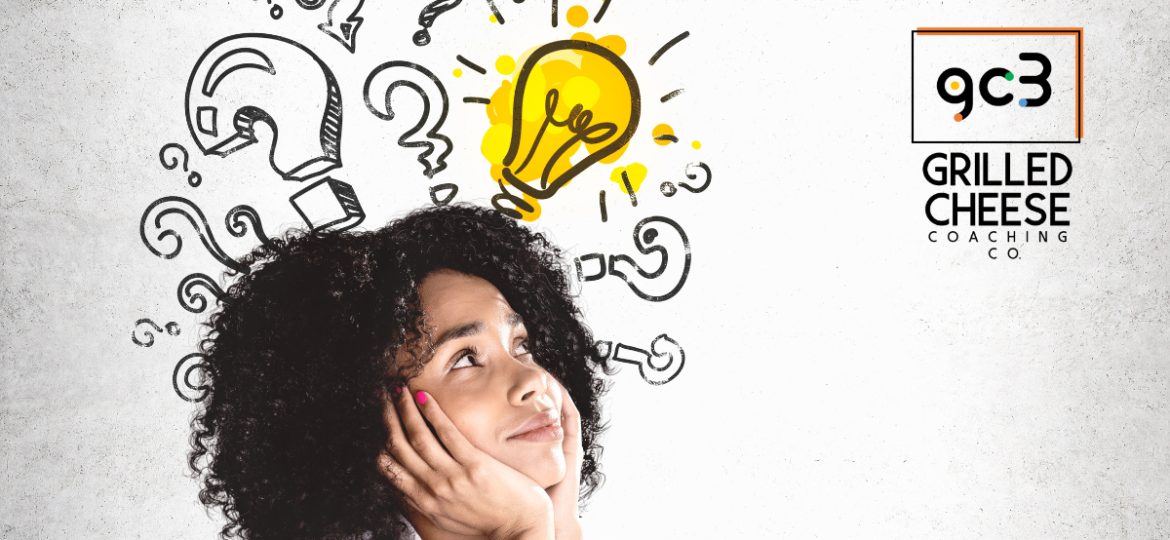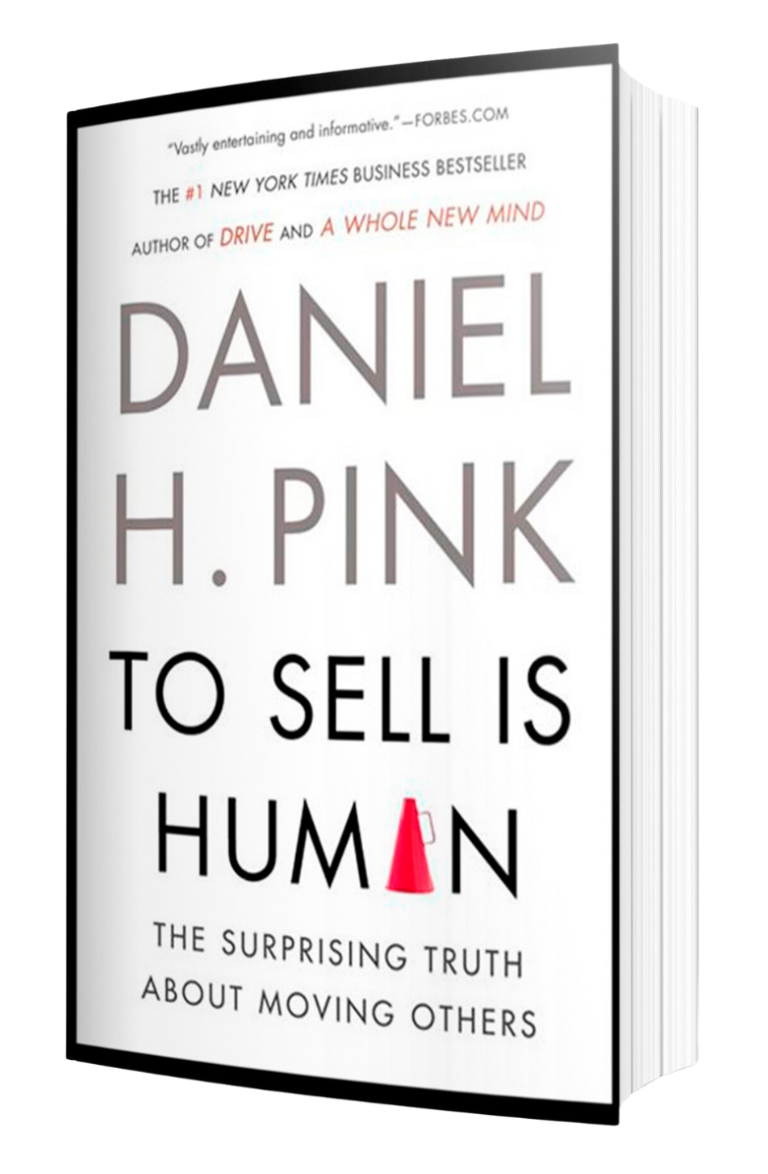
“The ability to move others to exchange what they have for what we have is crucial to our survival and our happiness.”
~ Dan Pink
In Dan Pink’s powerful book, To Sell Is Human, the ever eloquent and erudite Mr. Pink not only makes the case that we humans are natural salespeople, he goes on to suggest that, regardless of our role or title, we’re all in sales.
If you think about your role, chances are there is indeed an element of ‘sales’ to what you do – whether it’s actually selling a product or service, selling an idea, or perhaps most importantly selling yourself. Whether you recognize it as selling, or simply the process of influencing the thoughts and actions of others, it is a necessary component of most modern jobs and a significant factor in doing them successfully.
The problem for many of us is when we think of sales, we immediately jump to thoughts of public speaking, networking, rejection, or any number of activities that rank above dying when it comes to the list of things we’d rather not do! So how do we reconcile this notion that we’re all in sales with the fact that we hate selling? And selling ourselves? Are you kidding?!
One powerful way to approach this challenge is of course to reframe it as an opportunity. If we accept that we’re all in sales, and we will continue to find ourselves in situations where we’re required to sell, then each situation is an opportunity to learn and improve.
If you just focus on the outcome (the ‘sale’), then you’ll jump from episode to episode without really learning anything. Why, for example, did your brilliant idea for a new support process get the green light, but when you tried to negotiate a promotion during your last performance review your manager didn’t buy it? You can rarely own the outcome – other factors are always at play: the stakeholder won’t have the budget for that software upgrade, or your manager won’t want to promote you because they love what you’re doing and want to keep you there. What you can own, however, is the process.
Perhaps your passion for the idea, your willingness to socialize it, your work to build a consensus ahead of time, and your time spent gathering data and evidence of the potential value and impact all played a part in your ability to sell a support change. Now, how much of that did you do in preparation for your promotion pitch? Did you make the assumption that the idea would sell itself?
If, like many of us, you find it easier to sell ideas than to sell yourself, then why not think of yourself more like an idea that needs to be sold? You are, after all, an amazing idea – full of potential and just waiting for the opportunity to increase your impact and value as you unlock more of that potential. Focus on the process – and do the same groundwork to sell yourself that you would do to sell any great idea. The world would be a better place if you were able to increase your influence in it, so tell that story. Prepare that presentation, circulate that briefing document, have coffee with the people that can see that potential, and get their support ahead of time.
We’re all in sales. Don’t be the best idea never sold.
This week’s inquiry…
What would be your process to sell the "idea" of YOU?
Dive Deeper…
It doesn’t matter how many of the 15 million (and counting) views of this powerful TED Talk by Simon Sinek are yours – it is always worth another watch. If you haven’t yet seen it, well today is your lucky day.
“People don’t buy what you do,
they buy why you do it.”
According to the U.S. Bureau of Labor Statistics, one in nine Americans works in sales. But dig deeper and a startling truth emerges:
Yes, one in nine Americans works in sales. But so do the other eight.
To Sell Is Human offers a fresh look at the art and science of selling. Daniel H. Pink draws on a rich trove of social science for his counterintuitive insights. He reveals the new ABCs of moving others (it’s no longer “Always Be Closing”), explains why extraverts don’t make the best salespeople, and shows how giving people an “off-ramp” for their actions can matter more than actually changing their minds.


